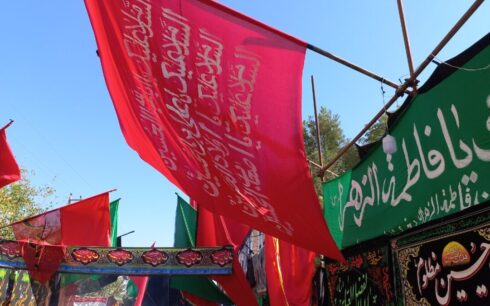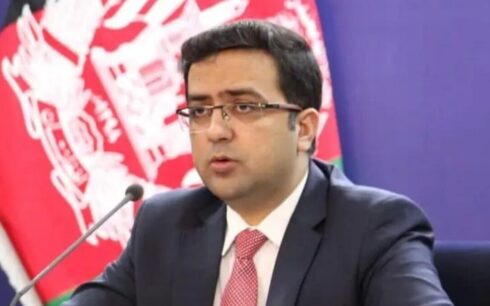Survivors of Herat’s Oct. 7 earthquake continue to grapple with challenging conditions, as a number of them express dissatisfaction with the aid distribution process despite significant contributions from aid agencies and various countries.
Criticism mounts against the Taliban for their perceived lack of responsiveness in managing and distributing the aid effectively, leaving survivors uncertain about the allocation of resources.
Abdul Ghafoor, who runs a small shop in the Karkh district market of Herat, shares the struggles he faces in providing for his family after part of his house was destroyed in the earthquake. He voices concerns about the lack of clarity regarding aid distribution, stating, “We do not understand to whom the government has distributed the aid.”
Ghafoor’s sentiments echo those of other earthquake victims, highlighting a broader dissatisfaction with the assistance process. Nasser, another affected resident, emphasizes the urgency of the situation, stating, “Until now, we have not received any help from the institutions and the government. We are asking for help because our houses are destroyed.”
Residents like Abdul Tahir plead with charities to prioritize aid for Muslims facing winter challenges, underscoring the hardships endured by families living in the fields.
Last week, the Taliban announced the receipt of 41 containers of aid materials from China, including winter blankets, tents, and raw material packages. However, survivors remain skeptical about the transparency and efficiency of the aid distribution.
Kefayatullah Haqqani, Taliban’s head of Herat’s finance department, assures the proper handling of the aid, stating, “God willing, we will hand them over to the directorates against natural disasters and the Ulema Council.”
Despite millions of dollars and hundreds of tons of food and clothing being allocated to the victims over the past 43 days, criticism persists among survivors, who claim a lack of clarity in aid distribution and express the urgent need for more assistance, particularly with the onset of cold weather.





